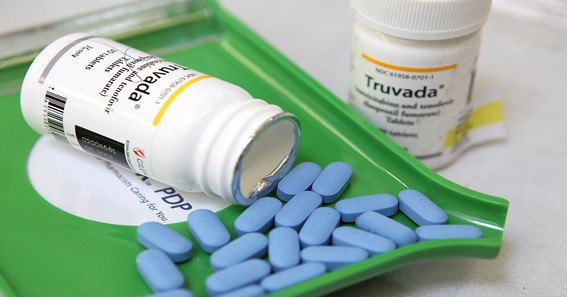Truvada is a medication that is used to prevent HIV infection in people who are at risk of getting the virus. The drug is a combination of two medications, emtricitabine and tenofovir disoproxil fumarate. Truvada can also be used to treat people who are already infected with HIV.
However, on July 12th, 2018, the Food and Drug Administration (FDA) announced that they were investigating a potential safety issue with Truvada. This announcement sparked concern among many Truvada users, who began wondering if the drug had been recalled. However, the FDA has not recalled Truvada yet. Instead, they are asking people who take the drug to be vigilant and report any side effects they experience. If you are facing side effects due to the intake of Truvada, you better consult with a Chicago Truvada lawyer and discuss the scope for compensation.
We will now see more into the side effects of Truvada.
click here – How to prepare current affairs for TNPSC Group 2
What are the Possible Side Effects of Truvada?
-
Kidney side effects
Kidney side effects are a common occurrence in people who take Truvada, a drug that is used to prevent the spread of HIV. The most common kidney side effect is high blood pressure, which can be dangerous if left untreated. Other kidney side effects include renal impairment and Fanconi syndrome.
A person’s kidneys are responsible for filtering waste and excess fluid from the blood. Truvada is a medication used to treat HIV. When taken as prescribed, it can be an effective medication. However, there are possible kidney side effects associated with Truvada. These side effects can include increased or decreased urination, swelling of the ankles or feet, and nausea. If you experience any of these symptoms, consult your doctor right away.
click here – Guide to Investing In Precious Metals – A Smart Investment Option
-
Bone side effects
Bone side effects are a potential problem for people taking Truvada to prevent HIV. Truvada is a combination of two anti-HIV drugs, emtricitabine and tenofovir disoproxil fumarate, which are also used to treat HIV infection. A recent study found that long-term use of Truvada can lead to bone density loss and an increased risk of fractures.
Bone side effects are a rare but possible complication associated with Truvada. While most people who take Truvada do not experience any bone problems, some people may experience joint pain, muscle weakness, and decreased bone density. If you are taking Truvada and experience any of these symptoms, you should consult with your doctor.

